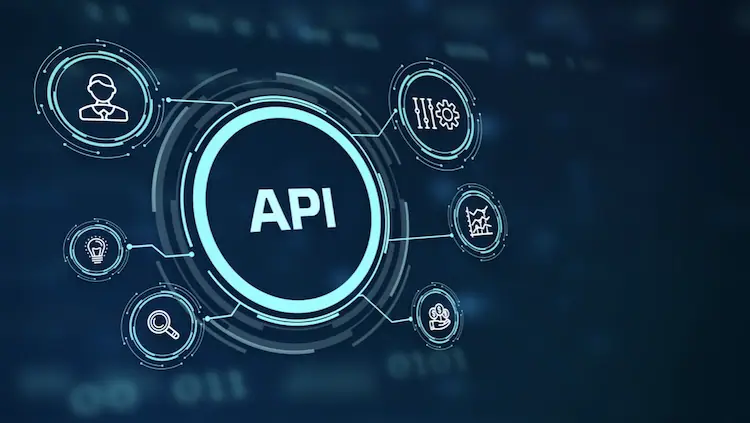JSON Web Token JWT Security Testing
The JSON Web Token (JWT) is a compact, URL-safe means of representing claims to be transferred between two parties. Originally created by Auth0 and adopted widely in the industry for secure token-based authentication, JWTs have become an integral part of many web applications and APIs. However, despite their popularity, they are not immune to vulnerabilities that could compromise security and data integrity.
JWT Security Testing is a specialized service aimed at identifying potential weaknesses within the structure and implementation of JSON Web Tokens. This testing ensures compliance with relevant standards such as ISO/IEC 29115-3:2017 on information technology—security techniques—security testing, which provides guidelines for conducting security assessments.
The process involves several stages, including:
- Compliance Analysis: Ensuring that the JWT implementation adheres to best practices and relevant standards.
- Vulnerability Scanning: Identifying potential flaws through automated tools designed specifically for JWTs.
- Manual Review: Conducting detailed reviews by experienced security professionals who understand both the technical aspects of JWTs and broader cybersecurity principles.
- Reporting & Recommendations: Providing actionable insights along with recommendations to mitigate identified risks.
This service is crucial for organizations relying heavily on web applications and APIs, particularly those handling sensitive information or engaging in high-stakes transactions. By addressing potential threats early in the development lifecycle, businesses can enhance their overall security posture against increasingly sophisticated cyber threats.
| Stage | Description |
|---|---|
| Compliance Analysis | Evaluating whether the JWT implementation follows established guidelines and standards. |
| Vulnerability Scanning | Automated identification of possible security issues within the JWT structure. |
| Manual Review | Detailed examination by cybersecurity experts to uncover any overlooked vulnerabilities. |
| Reporting & Recommendations | Preparation of detailed reports accompanied by practical suggestions for improvement. |
Industry Applications
JWT Security Testing finds application across various sectors, including finance, healthcare, and e-commerce. Here are some key areas where this service proves invaluable:
- Fintech: Banks and financial institutions use JWTs to secure transactions between different systems.
- Healthcare: Hospitals and clinics rely on secure communications for patient data exchange, ensuring compliance with HIPAA standards.
- E-commerce: Online retailers leverage JWTs to authenticate users and manage shopping carts securely.
The following table highlights the specific challenges each sector faces regarding JWT security:
| Sector | Challenges |
|---|---|
| Fintech | Ensuring transactional integrity and preventing unauthorized access. |
| Healthcare | Maintaining data confidentiality while allowing secure information sharing. |
| E-commerce | Protecting user credentials from being intercepted during transmission. |
Quality and Reliability Assurance
The quality assurance process for JWT Security Testing involves rigorous validation methods to ensure that the testing meets industry benchmarks. This includes:
- Test Case Development: Creating comprehensive test cases based on identified risks and potential weaknesses.
- Automated Testing Frameworks: Utilizing pre-built frameworks tailored for JWT security checks.
- Manual Inspection: Conducting thorough manual inspections to catch any discrepancies overlooked by automated tools.
The acceptance criteria for this service include:
- All identified vulnerabilities must be documented accurately.
- Test reports should provide clear recommendations for remediation.
- The overall security posture of the application should show measurable improvement post-testing.
Use Cases and Application Examples
JWT Security Testing is particularly beneficial in several scenarios:
- Pre-Deployment Audits: Ensuring that new applications meet security requirements before going live.
- Post-Mortem Analysis: Investigating breaches or incidents to identify underlying causes linked to JWT implementation flaws.
- Ongoing Monitoring: Regular assessments to stay ahead of emerging threats and maintain robust security measures.
A real-world example would be a financial institution conducting JWT Security Testing on its payment gateway before launching it globally. Another case might involve an e-commerce platform performing periodic reviews after experiencing unauthorized access incidents related to its authentication system.





